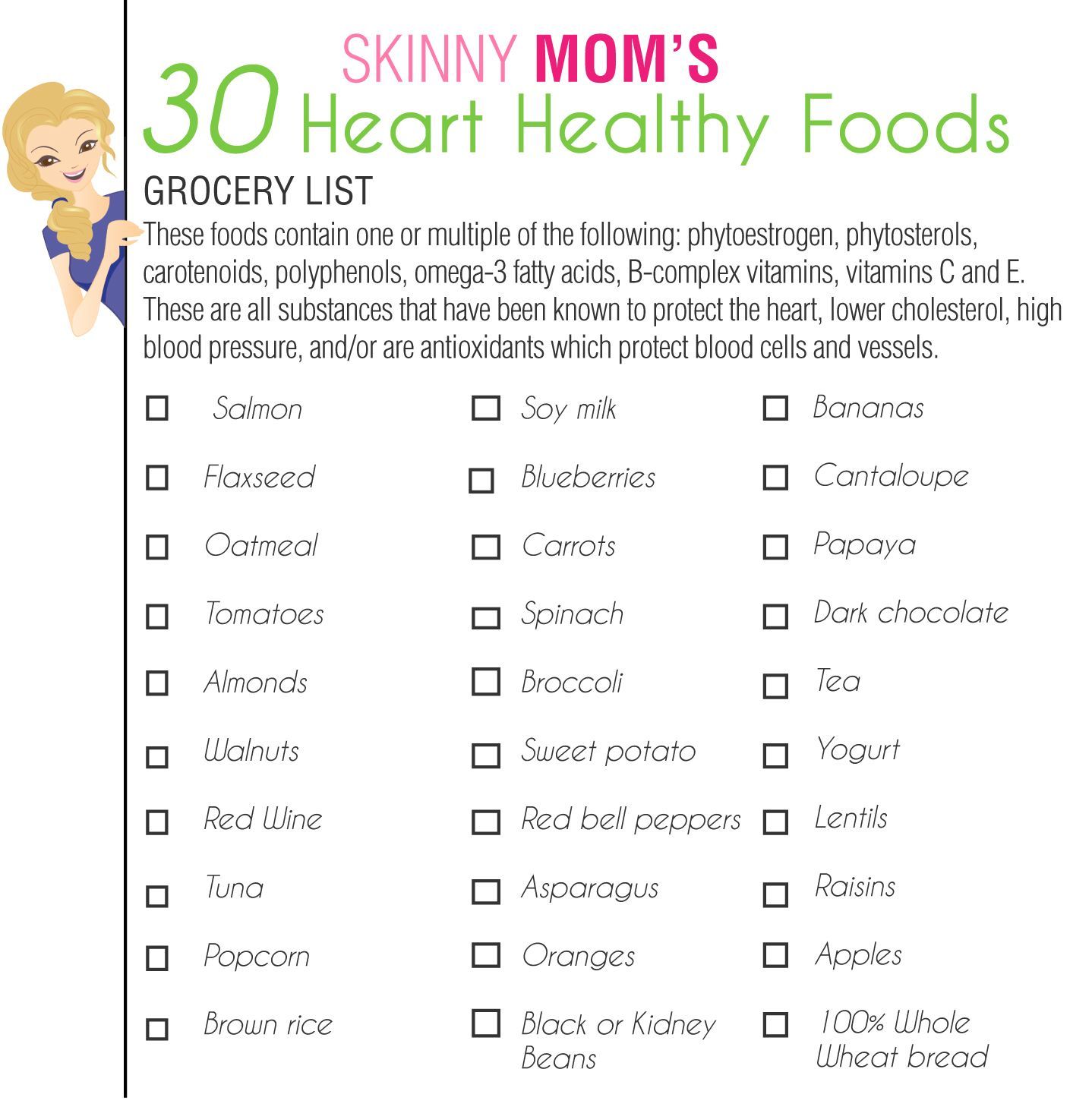
Grocery shopping and meal preparation play a crucial role in maintaining a healthy lifestyle. Making wise choices while shopping and preparing meals can help you stay on track with your nutrition goals and promote overall well-being. Here are some tips to help you navigate the grocery store and prepare nutritious meals:
Plan Your Meals in Advance
Before heading to the grocery store, take some time to plan your meals for the week. This will not only save you time but also ensure that you have all the necessary ingredients for healthy meals. Look up different recipes, make a list of ingredients, and consider your nutritional needs.
Make a Grocery List
One of the most effective ways to stick to a healthy shopping routine is by making a detailed grocery list. Organize your list into sections such as produce, grains, proteins, and snacks. This will help you avoid impulse buying and stay focused on getting the necessary items.
Shop the Perimeter of the Grocery Store First
The outer aisles of the grocery store typically contain fresh fruits, vegetables, lean meats, and dairy products. These items should make up the majority of your shopping cart. By starting with the outer sections, you are filling your cart with nutrient-dense foods and reducing the temptation to purchase processed and unhealthy snacks.
Read Labels and Choose Wisely
When purchasing packaged items, make it a habit to read the labels. Avoid foods that are high in trans fats, added sugars, and sodium. Instead, look for whole grains, natural sweeteners, and low-sodium options. Opt for products with short ingredient lists and those that you can easily pronounce.
Buy Fresh and Seasonal Produce
Fruits and vegetables are the cornerstone of a healthy diet. Aim to buy fresh and seasonal produce as much as possible. These items are usually more flavorful, affordable, and packed with essential nutrients. Don’t be afraid to experiment with different varieties to add more variety to your diet.
Choose Lean Sources of Protein
Protein is an essential part of any healthy diet. When buying meat, poultry, or fish, choose lean cuts that are lower in saturated fats and cholesterol. If possible, opt for organic, grass-fed, or free-range options. Additionally, consider plant-based sources of protein, such as legumes, tofu, and tempeh.
Prep Meals in Advance
Meal prepping can help save time, reduce stress, and ensure that you have nutritious meals readily available. Set aside a specific time each week to prepare and portion your meals. Cook whole grains, roast vegetables, and grill chicken or fish in advance. Store them in meal-sized containers for easy grab-and-go options throughout the week.
Utilize Leftovers and Freeze Extras
Instead of letting leftovers go to waste, incorporate them into future meals. Get creative with using leftover proteins, vegetables, and grains to make salads, stir-fries, or sandwiches. Additionally, if you cooked in bulk, freeze the extras in individual portions for quick and convenient meals when you’re short on time.
Stay Hydrated and Mindful
While grocery shopping and meal preparation are important, don’t forget to stay hydrated. Drink water throughout the day to keep your body functioning optimally. Additionally, practice mindfulness while shopping and cooking. Take your time to enjoy the process, savor the flavors, and appreciate the nourishment you are providing yourself.
By following these tips for healthy grocery shopping and meal preparation, you can establish a sustainable routine that supports your well-being and makes nutritious eating easier and more enjoyable.

